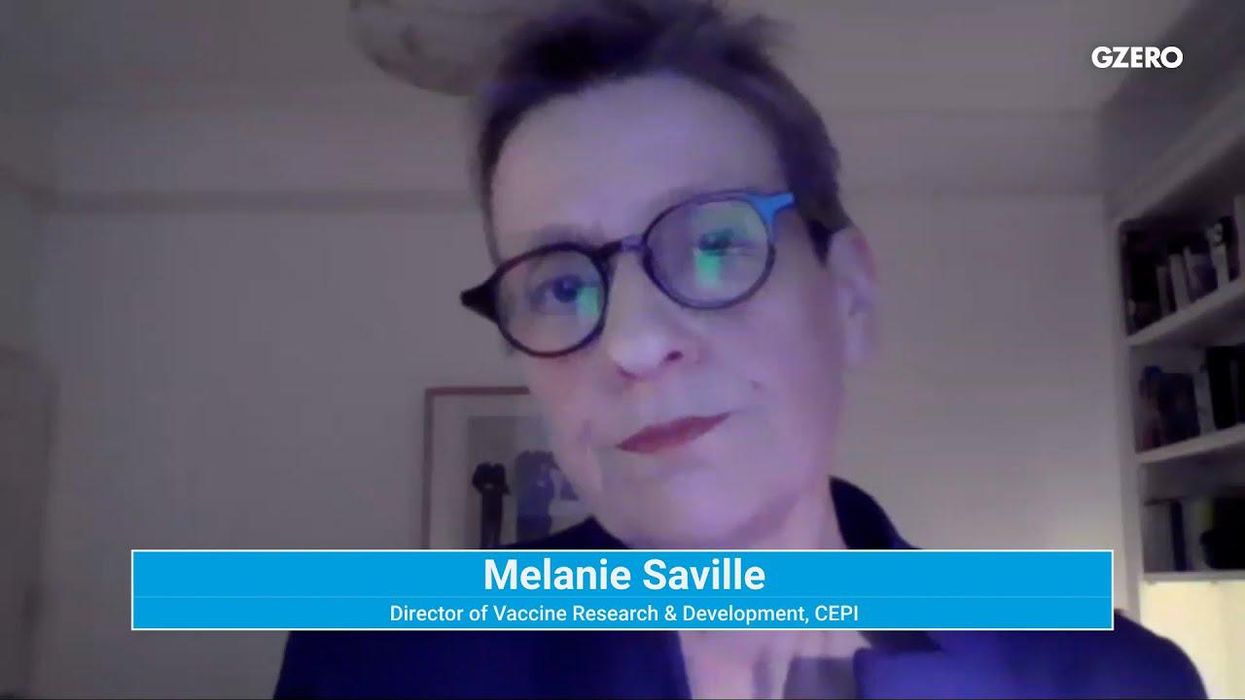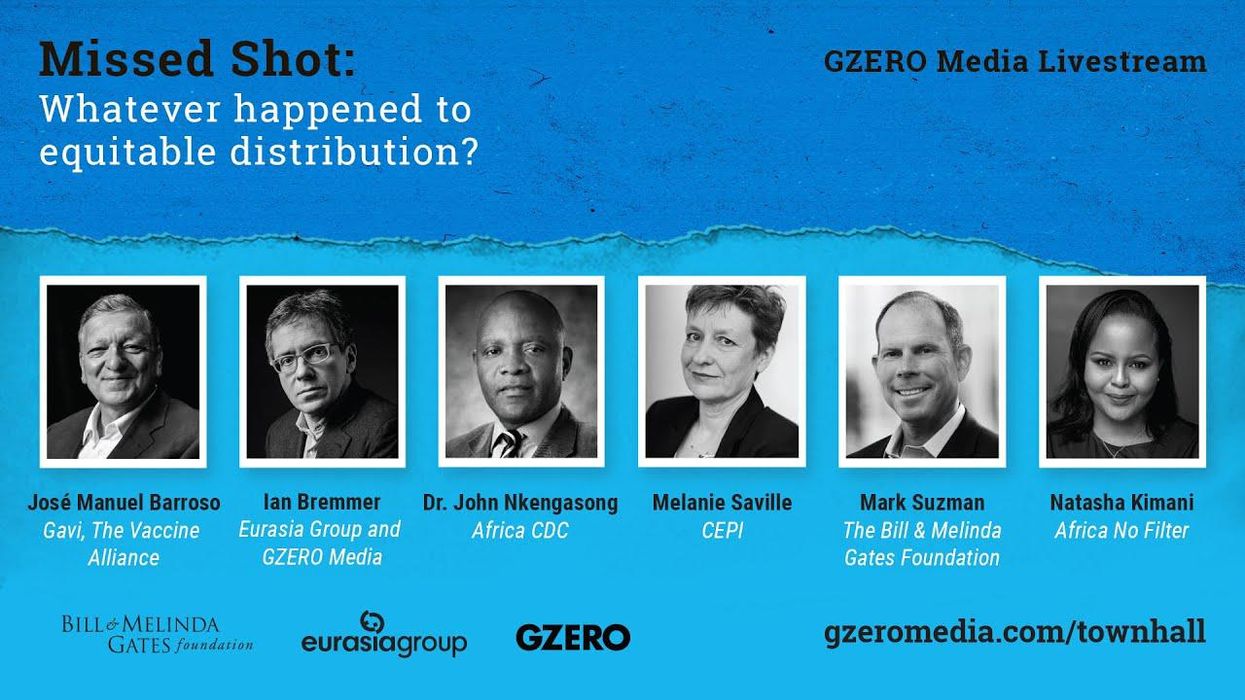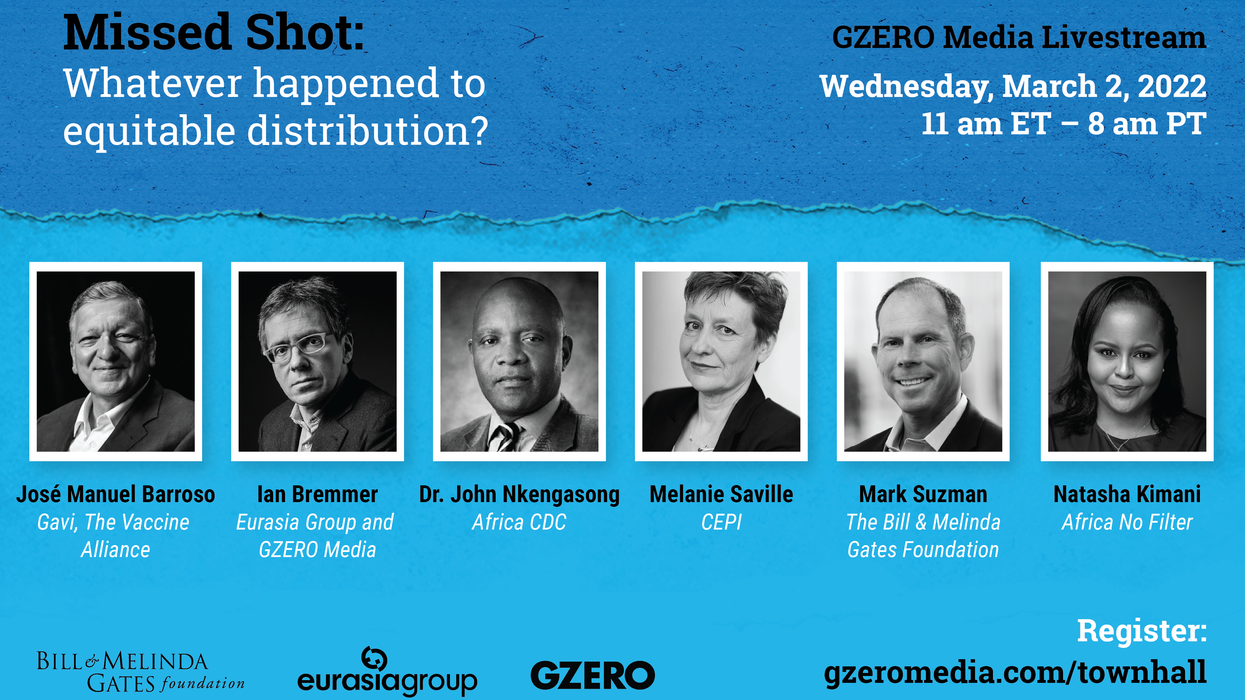Science & Tech
After COVID vaccines, time to use mRNA tech against other infectious diseases
Using mRNA technology to develop effective COVID vaccines has been a scientific breakthrough. But that's just the tip of the iceberg, Melanie Saville, head of vaccine development at the Coalition for Epidemic Preparedness Innovations, said during a livestream discussion on equitable vaccine distribution hosted by GZERO Media in partnership with the Bill & Melinda Gates Foundation. "There's still a lot that should be done with the technology moving forward" on other infectious diseases like HIV, malaria, or TB. Still, she said that vaccines are only the beginning.Local manufacturing and distribution is as important — as is future equitable access to the mRNA tech itself.
Mar 12, 2022



